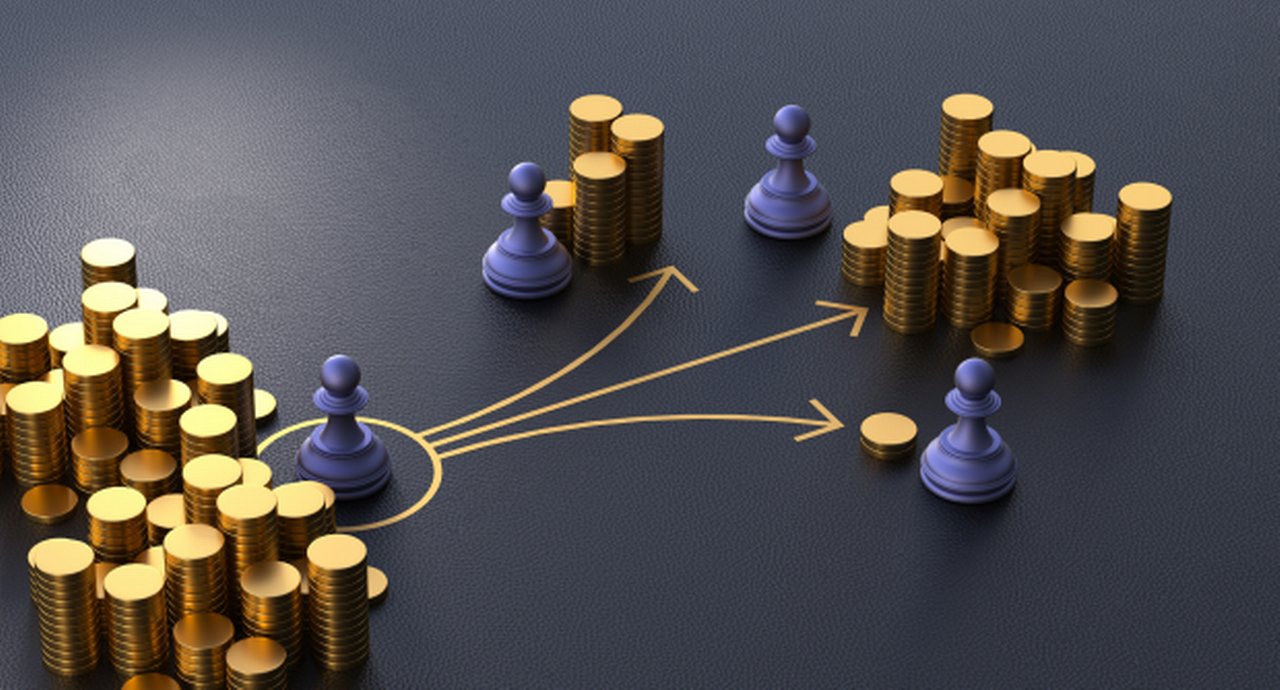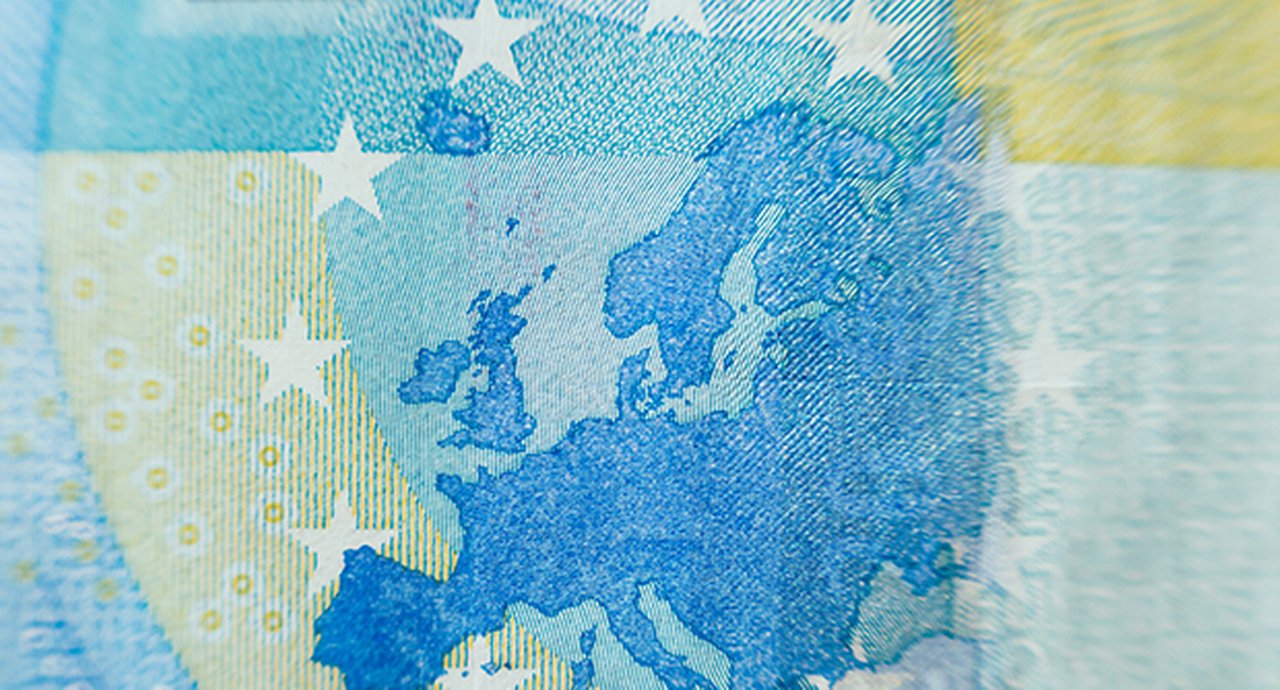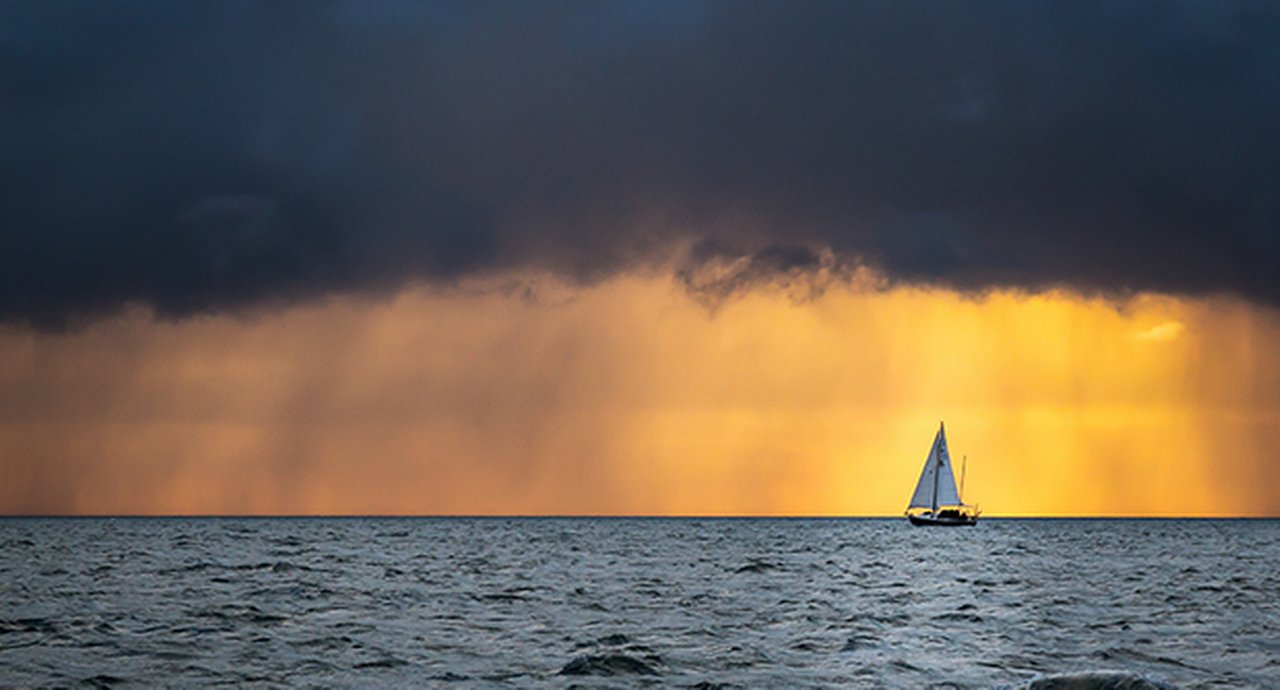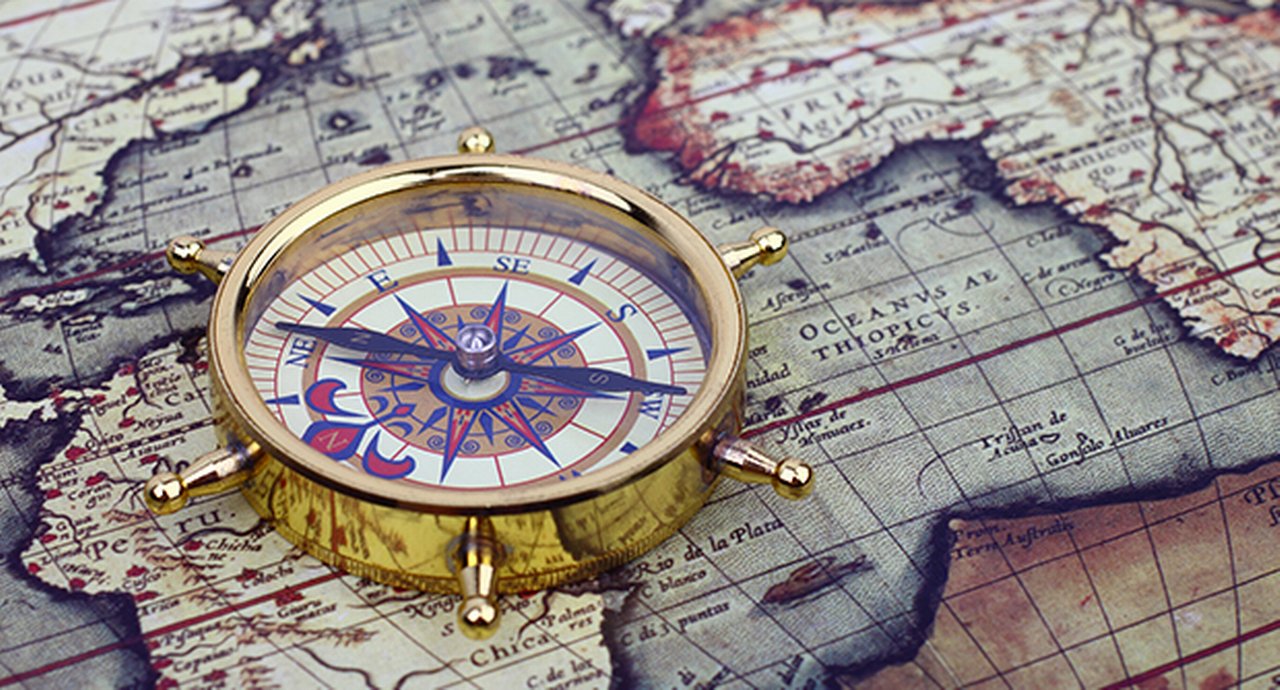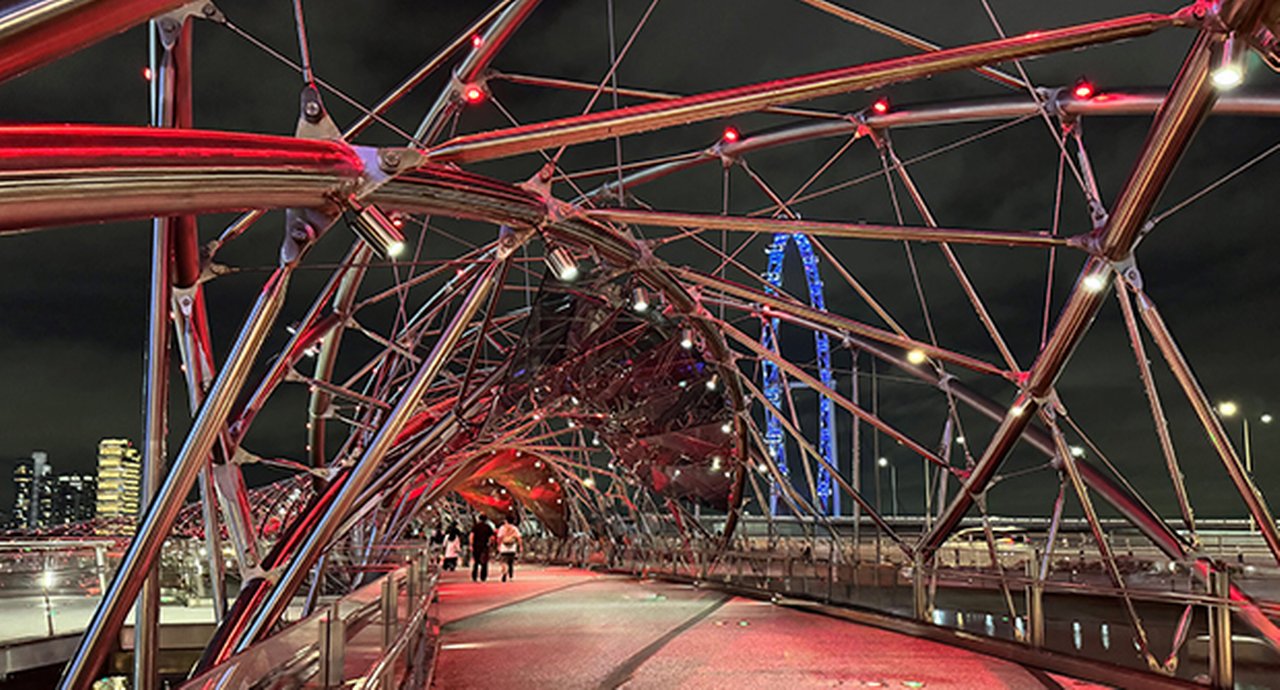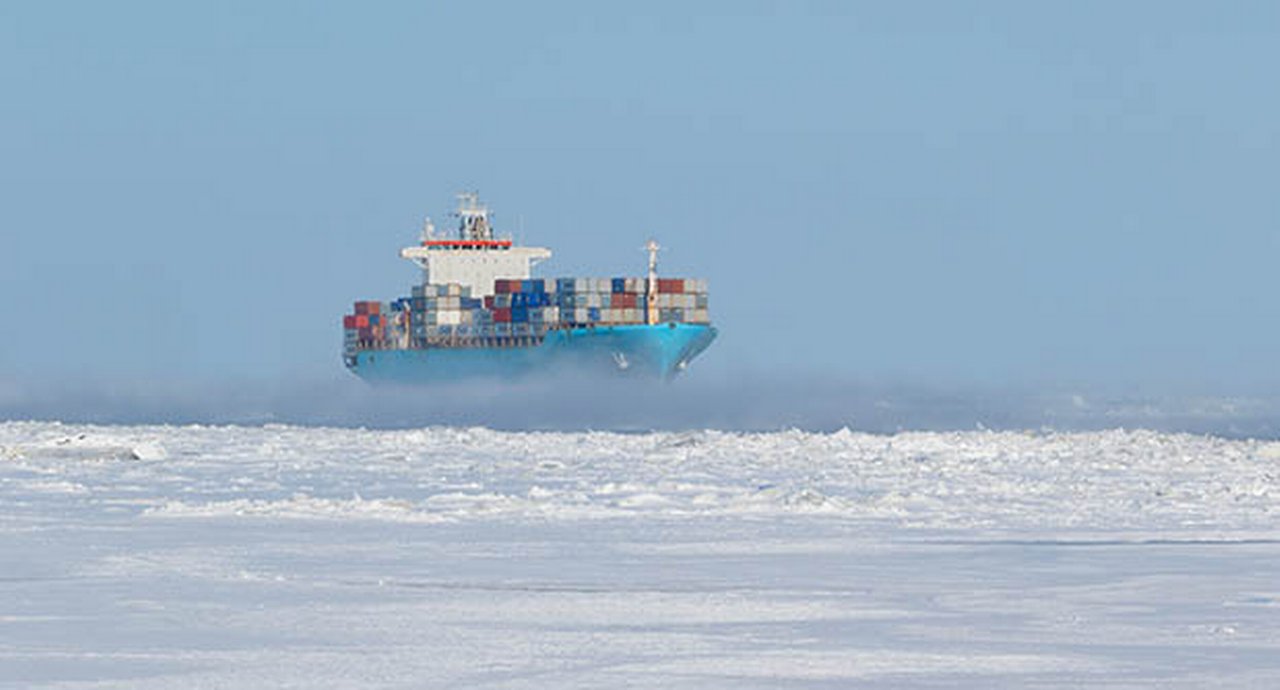Trade finance and lending
Trade finance and lending, Opinion
After Draghi: what’s next for Europe’s economy? After Draghi: what’s next for Europe’s economy?
Competitiveness, resilience or preparedness – the big imponderables for European trade in 2026. Independent trade economist Dr Rebecca Harding explains why diverse and resilient supply chains are key – and how these should be financed
Sign up to flow Sign up to our magazine
As a Deutsche Bank client you can reserve your free copy of flow – packed with practical examples and insights of corporate banking in action around the world
Trade finance and lending, Opinion
ECA finance in transition: navigating risk, relevance, and reform ECA finance in transition: navigating risk, relevance, and reform
Once focused primarily on emerging-market trade, ECA finance is now central to infrastructure, defence, security, energy transition and industrial transformation. Meeting these strategic challenges requires closer coordination and a sustained commitment to reform, says Deutsche Bank’s Werner Schmidt in an article first published by the Berne Union
Trade finance and lending, Macro and markets
Dawn of Europe’s new trade order? Dawn of Europe’s new trade order?
At Sibos Frankfurt 2025 improving Europe’s competitiveness in the face of rerouted supply chains and geopolitical shocks was a dominant theme in conference panel sessions. flow reports on ‘where next’ in the last of our post-event articles, and analyses how technology is helping
Macro and markets, Trade finance and lending
The world outlook 2026 – never a dull moment The world outlook 2026 – never a dull moment
Drawing on the Deutsche Bank Research annual next-year World Outlook, flow looks forward to a year of cautious optimism, with growth accelerated by AI adoption, clearer trade strategies, fiscal stimuli, and investment in security and infrastructure
Trade finance and lending, Macro and markets
All change for trade All change for trade
Tariffs, fragmentation, and the rise of the Global South are reshaping global trade. In a Q3 2025 Deutsche Bank Research webinar, analysts unpacked the core risks and opportunities. flow’s Will Monroe summarises the key takeaways
Most read
Trade finance and lending, Macro and markets
Trump trade – back to the future?
Trade finance and lending, Macro and markets
Hello Beijing
Trade finance and lending
Trade finance and the blockchain – three essential case studies
Trade finance and lending
Fighting trade-related fraud
Trade finance and lending
Trade finance: A Practitioner’s Guide
Opinions
Rebecca Harding
After Draghi: what’s next for Europe’s economy?
Christof Hofmann
Stablecoins: between vision and reality
David Lynne
View from the top: A different level of athlete
François Masquelier
Automation should come first, AI will follow
Stay up-to-date with
Sign-up flow newsbites
Choose your preferred banking topics and we will send you updated emails based on your selection
Sign-up Sign-upTrade finance and lending
Distributing trade finance – a vital contribution Distributing trade finance – a vital contribution
Origination of trade lending assets and then distributing them to other financial institutions and investors makes the scaling up of financing trade possible. flow’s Clarissa Dann provides key takeaways from panel discussions at the 51st International Trade & Forfaiting Association in Singapore
Trade finance and lending, Macro and markets {icon-book}
The trillion-dollar ocean The trillion-dollar ocean
Dr Rebecca Harding looks at the issues in – and beneath – the Arctic Circle and its impact on the global economy
Trade finance and lending
Copenhagen 2025: export finance’s call to action Copenhagen 2025: export finance’s call to action
As TXF Global brought 1500 export finance sector participants together in Copenhagen, key themes of cooperation to meet security targets, flexibility in approving export content quotas, and the wider ramp-up of clean energy demand and infrastructure investment point to a busy year ahead. flow’s Clarissa Dann reports
flow digest
Sign up for insights Go beyond the headlines
flow digest delivers actionable insights to help you stay ahead of emerging trends and drive business success
Sign up for insights Sign up for insights
